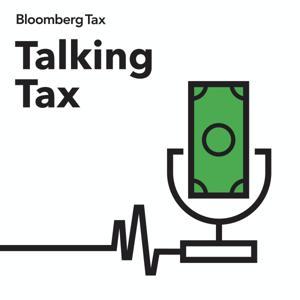The Supreme Court term was limited in its blockbusters this year, but the decision to limit the power of lower court judges to issue nationwide injunctions will have the biggest impact, attorneys and legal scholars say.
“It affects how cases get litigated in a big way,” said Anastasia Boden, a senior attorney at the Pacific Legal Foundation, a libertarian public interest law firm. "I saw someone say 'We're all class action attorneys now, right?' because that's all we've got."
Boden joins “Cases and Controversies,” along with Georgia State University College of Law professor Eric Segall to discuss the recent term, its rulings, and the justices that stood out the most.
Hosts Kimberly Robinson and Lydia Wheeler also talk about the court’s recent emergency order that allows President Donald Trump to move forward with plans to reduce the size of the federal workforce.
Do you have feedback on this episode of Cases and Controversies? Give us a call and leave a voicemail at 703-341-3690.
































